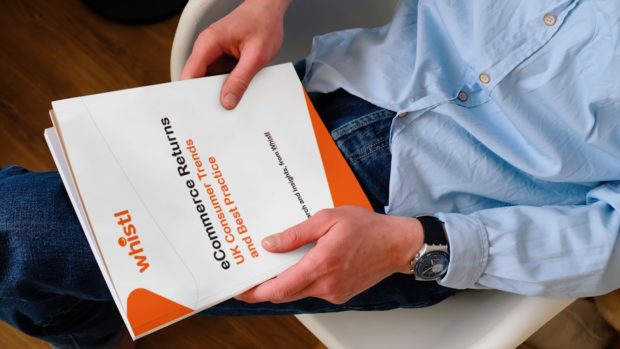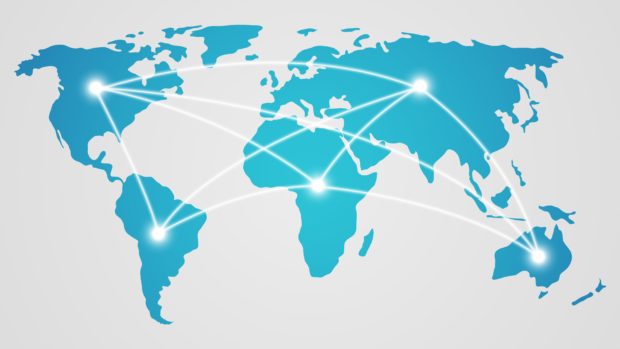
Over half of consumers (52 per cent), polled for a new survey conducted by Enghouse Interactive, said the customer service they received from businesses got worse during the pandemic. That compares with just 17 per cent who thought it had improved. The survey also revealed that 29 per cent of respondents said they had to wait more than a week for a business to give them an answer to a query during the pandemic.
This is a big issue given the declining levels of customer patience over the past two years. 39 per cent of the sample said they would only be prepared to wait in a virtual queue for up to ten minutes to speak to a human advisor to get a problem resolved, while a further 33 per cent said 10-20 minutes.
In line with this, being kept waiting on a telephone call was the biggest customer service frustration consumers had experienced since the start of the pandemic, identified by 70 per cent. This was followed by ‘going through an automated phone menu but still not getting the answers I need’ (56 per cent) and ‘having to repeat the same information multiple times on one call’ (53 per cent).
Judith Schuder VP marketing at Enghouse Interactive, said: “Customers want to interact with organisations that value their time, in ways that are painless, quick, and easy. Businesses need to focus on finding ways to simplify interactions; keep waiting times down and reduce frustration by offering virtual waiting or proactive callbacks within a set time period.”
But it is not just being kept waiting that annoys consumers, they also get upset about a failure to resolve queries at first contact. 21 per cent say they get just 50 per cent or fewer of their queries resolved the first time they contact an organisation. And businesses are likely to pay a price for poor customer service. 76 per cent of consumers are likely to stop buying from a business following one bad customer service experience.
Schuder added: “Today’s customers prize ease of doing business even over the quality of the goods they receive. The pandemic has strengthened their expectations around quality customer service and rapid response. Businesses can’t afford to ignore this key learning point if they want to stay competitive in the new digital age.”








Share